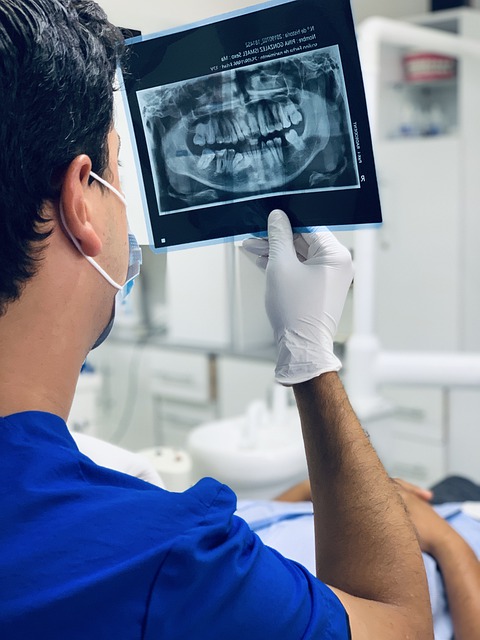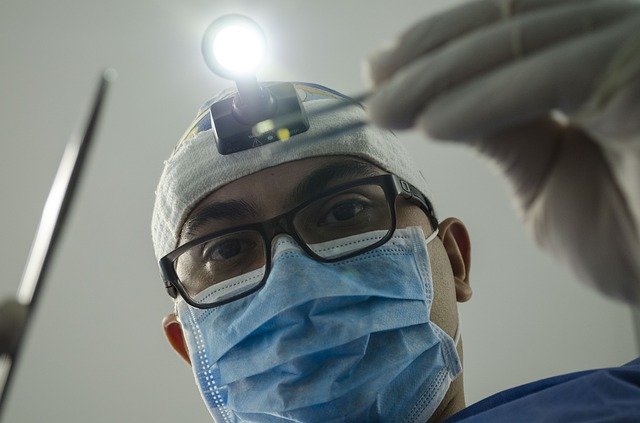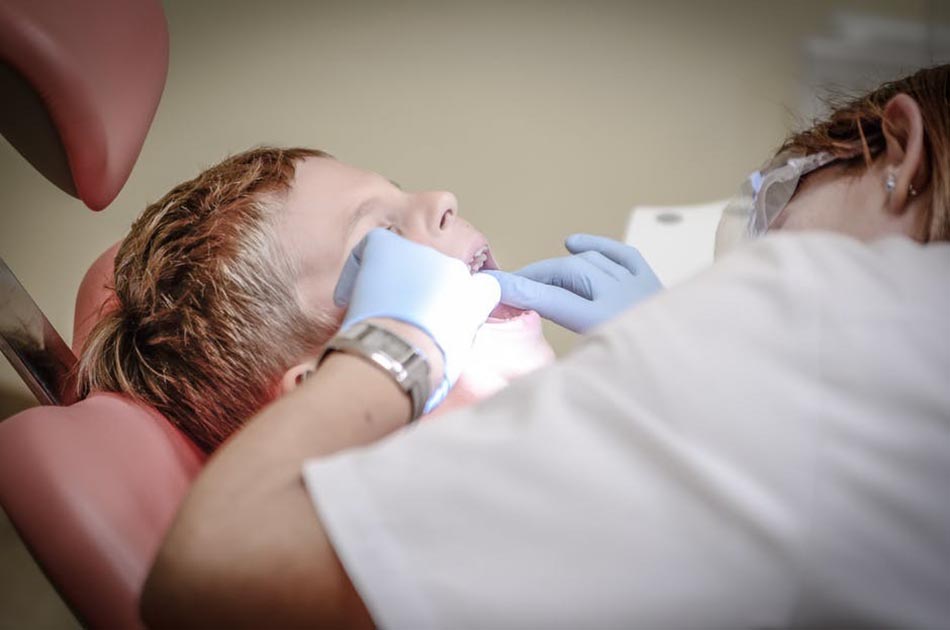How do I Save a Knocked-out Tooth?

A knocked-out tooth is more common than most people realize. It often occurs to kids and active adults and especially those who play contact sports. If a tooth is chipped, you can gather up the pieces and take them to your Glen Ellyn, IL dentist to get the tooth repaired. But what are you supposed […]
The Facts About Root Canal Therapy, and How it Can Save Your Tooth

For those who have a highly diseased tooth, root canal treatment is an effective way to save it. The common dental procedure removes infected pulp from the inside of the root of the affected tooth. The canal is cleaned, filled, and sealed to prevent infection or damage. The tooth is often restored after the root […]
What are the Types of Sedation Dentistry?

Many people are scared to go to the dentist and the idea of undergoing a dental procedure terrifies them. Sedation dentistry is for people who deal with dental anxiety. There are different types of sedation available at your Smile Glen Ellyn dentist. Our professional care team can help you choose the one that is right […]
Five Ways Cosmetic Dentures Can Benefit You

Cosmetic dentistry is responsible for improving millions of smiles around the globe. It can truly be a life-altering experience for those who are missing teeth or need to have teeth pulled. There are many different treatment options available, and thanks to advancements in technology, they are more easily accessible and convenient. Cosmetic dentures are one […]
Learn More About Sedation Dentistry Near You at Glen Ellyn

When is the last time you mentioned going to the dentist among friends? You’ve likely heard horror stories involving various levels of pain and discomfort. There are a lot of people who simply expect to experience pain when they visit the dentist. However, it doesn’t have to be this way. Sedation dentistry helps you be […]
Visiting the Dentist? You May Skip the Flu

Did you know that oral health is a major factor in overall physical health? When your mouth is healthy, the rest of your body is more likely to be healthier, too. In fact, a recent study found that people who regularly visit their Glen Ellyn, IL dentist for check-ups and cleanings every six months are […]
Sugar-Free Drinks Not Helpful For Teeth

Most of us think of sugar as the number one enemy of healthy teeth. However, there are other foods and drinks that can wreak havoc on your oral health as well. This is why simply eliminating or reducing the amount of sugar from your diet is simply not enough. Dr. Thomas Gibbs knows that this […]
Why Your Dentist Won’t Let Up on Flossing

Your Glen Ellyn, IL dentist probably reminds you at every appointment about the importance of flossing as part of your oral hygiene routine. Cleaning between your teeth prevents plaque buildup around the teeth and gums. Combined with brushing and professional cleaning, flossing is an important part of your dental health. If you don’t floss every […]
Oral Health During Pregnancy
A baby’s arrival seems to bring an endless to-do list. There’s the numerous doctor visits, preparing the nursery, and of course those cravings. A mom-to-be may have a lot on her mind, but she has to make sure to remember her oral health. That means learning about proper teeth cleaning when pregnant. After all, you’d […]
Nutrition: What You Eat Affects Your Oral Health
You’re most likely aware that poor nutrition can lead to health problems, but did you know that initial warning signs for declining health often affect your mouth first? Since the nutrients or additives within food come in contact with teeth and gums first, daily menu choices have an essential impact on oral and overall health. […]


